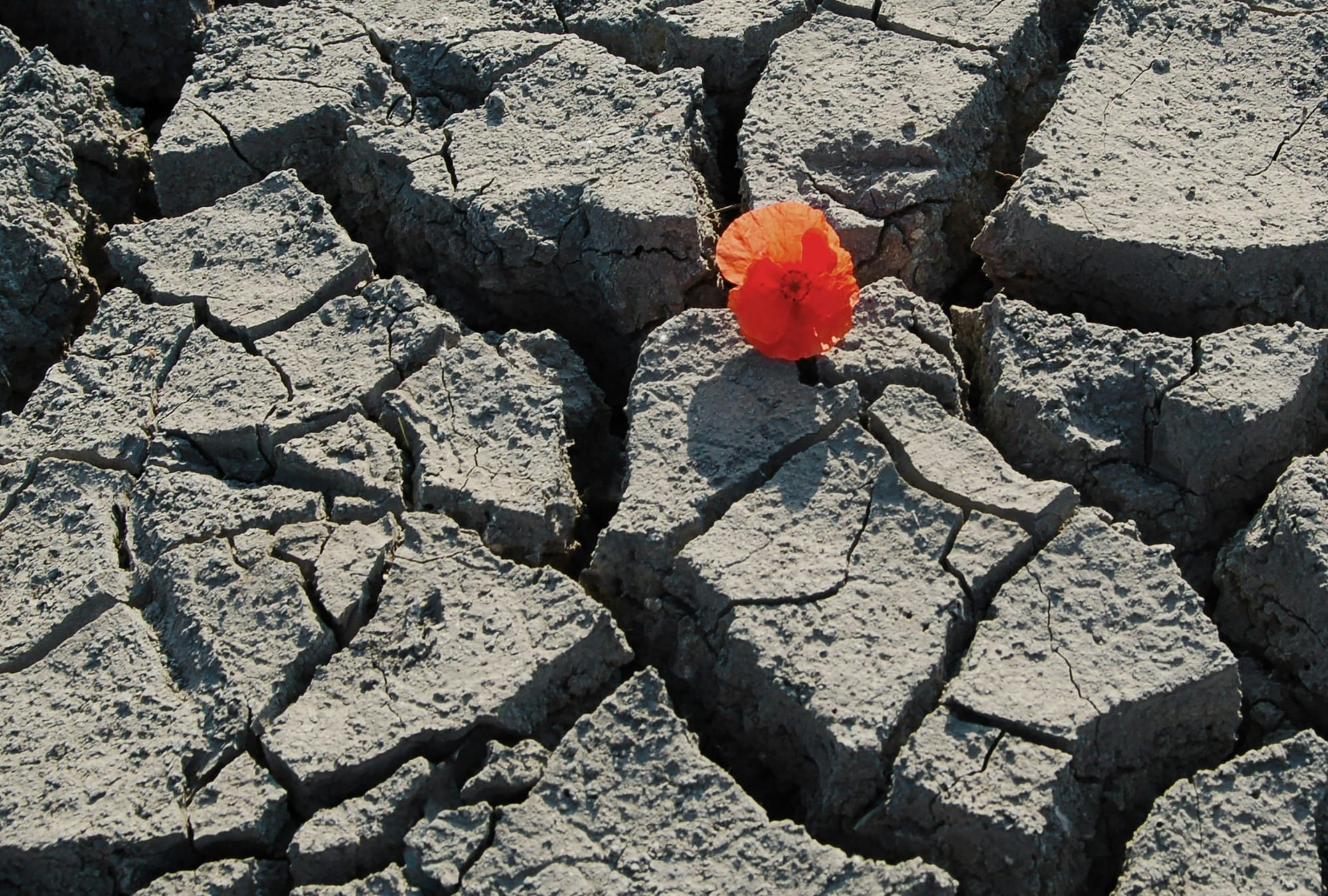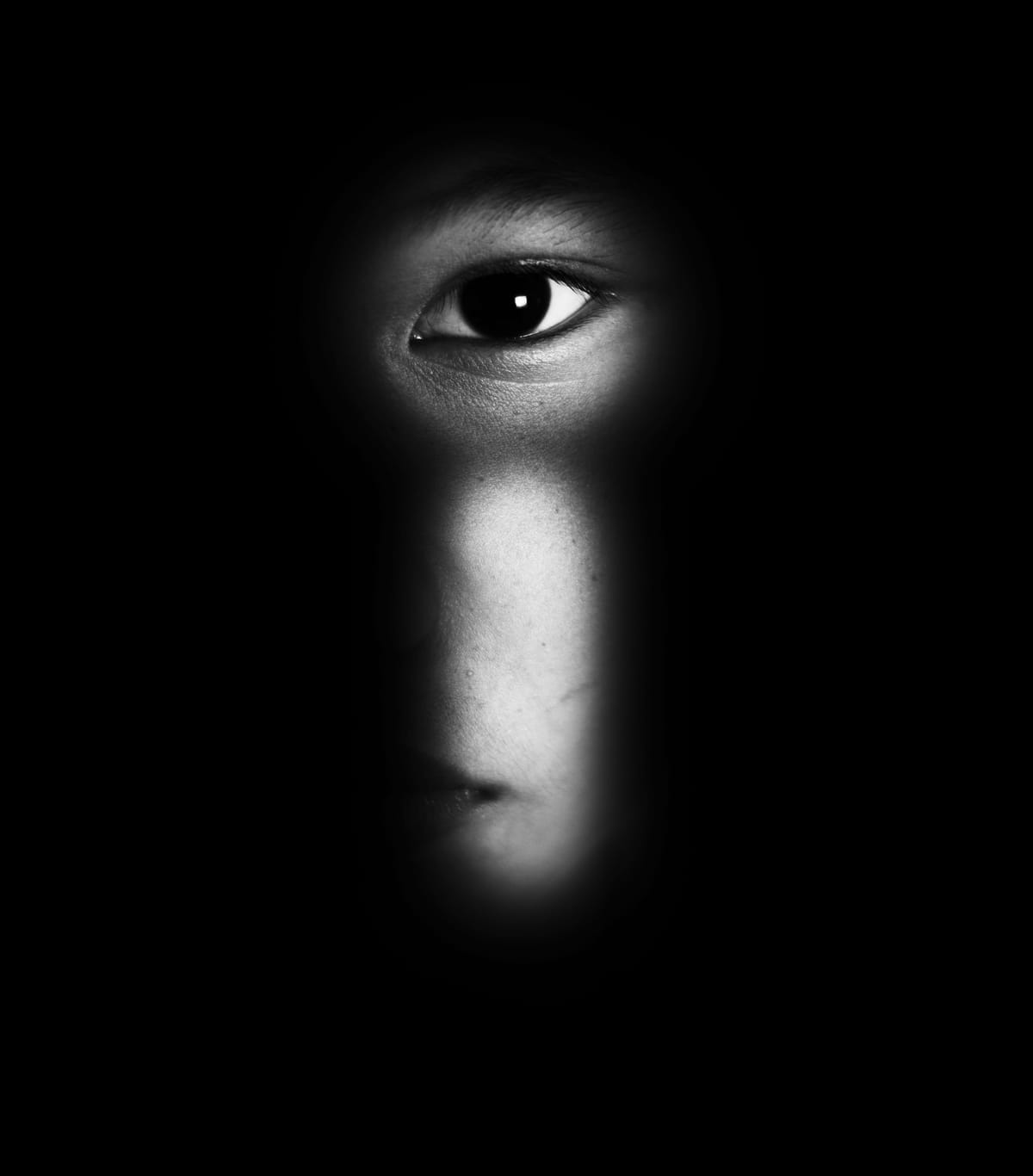It was forty years ago and I sat in a treatment facility, stunned by the negative momentum my life had taken over the past few years. I was staring at a large, blue banner with gold lettering of the Twelve Steps on the wall. My eyes landed on Step One: “We admitted we were powerless over alcohol—that our lives had become unmanageable.” Really? Powerless, me? But then I thought about the divorce papers, my empty bank account, and the nights I couldn’t remember. My life was in ruins because of alcohol and cocaine. Maybe I was powerless.
Considering my presence in rehab, it was hard to deny that my use of cocaine and alcohol was problematic. I was on the verge of divorce and losing custody of my daughter. Cocaine had demolished my finances. My life was smoldering ashes and alcohol and drugs were the primary reason. My life fit the definition of “unmanageable.” Powerlessness doesn’t mean you’re weak or incapable. It means that once you start drinking or using, you can’t stop. It means the substance controls you, not the other way around.
Whether or not one utilizes self-help to support their recovery, I encourage people to accept that ongoing use of substances will only deepen their dependence and cause more problems. Given that dependence on substances is marked by progression, these related problems are bound to worsen over time.
From my perspective, sitting in rehab all those years ago, it was integral that I take a good hard look at my use and the deleterious effect it was having on my life. I encourage you to do the same. My drinking turned me into someone I was deeply ashamed of: aggressive, unpredictable, sometimes violent, handsy and boorish with women. Often, I would black out, waking up and having no idea where I was. Sometimes, I’d just fall out, too drunk to navigate home. Powerless? Unmanageable? Surely.
My cocaine use was a whole other thing to consider. I’d started off snorting it. I loved how the drug instantly banished my sadness and shame by propelling me into a kind of giddy euphoria. At first, small amounts were sufficient. I’d get a quarter or a half gram and get high with a friend. We’d snort, drink and chat away. But soon, I needed more, now it was a gram then one-eighth -ounces then quarters. The progression was insidious, but before long, I was staying up all night, unable to walk away from the drug. My life became a cycle of getting high, running out, and desperately searching for more.
Imagine a juggler trying to keep life’s responsibilities in the air: relationships, career, parenting. At first, alcohol or cocaine might feel like just another ball to juggle. But as your dependence grows, the substance demands more time and energy. You’re juggling faster and faster but no matter how hard you try, you can’t keep up and inevitably, the balls start to drop with a consequential thump.
A few years later I smoked cocaine for the first time and the destruction was swift and unforgiving. Everything came crashing down as my focus on getting high became myopic where nothing else mattered: jobs, marriage kids, money. The drug dictated my behavior and I only stopped when I ran out and couldn’t get more. The money held no other value other than it was necessary for getting cocaine. I had no control over myself once I started to use. At one point I stayed up for four nights and part of a fifth day doing nothing but getting high.
Surely, I was “powerless,” as the Steps posited. Surely, my life was made “unmanageable” due to my substance use. This Step was placed first strategically, not haphazardly. If one is not powerless and can control their use, then they don’t need to stop. This is the dilemma every addict/alcoholic faces. Most everyone I’ve encountered including myself, struggles to accept that they cannot control their use because if they can’t, they’ll need to stop.
The term powerless can seem counterintuitive, and many struggle to accept it. What we’re driving at however is integral: abstinence. The idea we can control a substance we’ve become addicted to is folly. And anyone insisting on trying will inevitably experience yet more consequences because of their addiction.
Are you ready to fully accept that you’re powerless and that abstinence is your best path forward? If you are, know that this isn’t a sign of weakness—it’s a courageous first step toward freedom. Reach out for support, whether it’s through a Twelve-Step program, therapy, or a trusted mentor. Acknowledging powerlessness doesn’t mean giving up—it means taking control of your life, and allowing yourself the opportunity to grow and develop an enjoyable and healthy life.






Comments